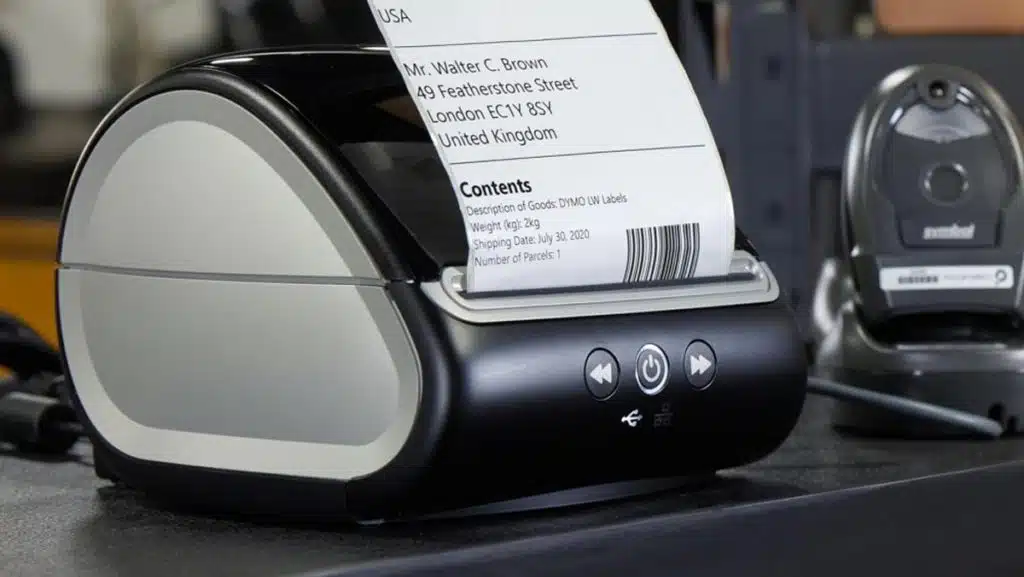
The seemingly simplistic world of label printing has actually gotten a bit more complex and more expensive courtesy of Dymo Corporation, the printing giant that’s best known for its arsenal of handheld label printers, tapes, and other labeling solutions.
As reported by the Electronic Frontier Foundation’s Cory Doctorow, Dymo has figured out how to force its users into using its premium-priced labels rather than a competitor’s by introducing RFID chips into some of their latest printers, an addition that allows them to distinguish whether the device has been loaded with official or third-party labels . Echoing Doctorow’s headline, this effectively amounts to putting DRM into paper, a scary thought considering the industry, one that hasn’t been shy of maximizing profits via pricey ink cartridges and other consumables.
Dymo’s labels retail for about $10 to $15 per roll, while alternatives only run for $2 to $5 per roll, according to EEF’s report. The new technology can be found in Dymo’s 550 and 5XL models.
The Worst Timeline: A Printer Company Is Putting DRM in Paper Now (EFF)
- If a Dymo owner wants to buy Dymo labels, they will buy them. The only reason to add this anti-feature is to force Dymo owners who don’t want to buy Dymo labels to buy them anyway. All the advanced features that Dymo touts for its RFID-locked labels could be attained without the lock-in.
- From the online reaction, it’s clear that Dymo’s customers are pissed. Some are congregating in technical discussions of how the measure might be defeated, but so far, no vendor has stepped in to offer a jailbreaking tool to let you modify your label maker to serve your interests, not Dymo’s shareholders.
- There’s a good reason for that: U.S. Copyright law gives Dymo a powerful tool to intimidate commercial rivals who help us escape from label-jail. Section 1201 of the Digital Millennium Copyright Act exposes those rivals to $500,000 in fines and a five-year prison sentence for trafficking in tools that bypass an “access control” for a copyrighted work, like the firmware on a Dymo printer.
